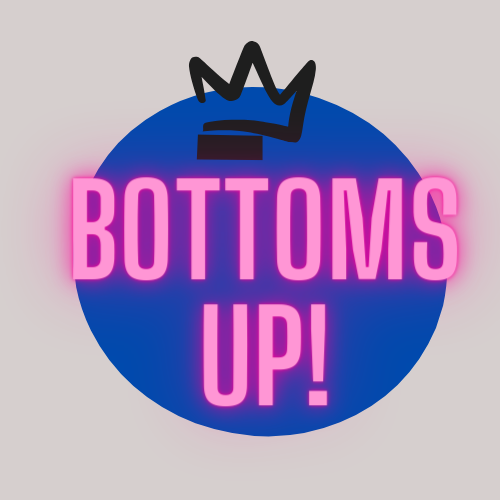Lead Your Life.
Past failures, hurt, trauma or disappointments do not have to determine who you are or what you do. You can lead your life with confidence, courage, and commitment to your purpose, priorities, and practices.Need a new perspective or angle to help grow your new or existing business? Feeling stuck or frustrated? Let's unravel it together & move forward.
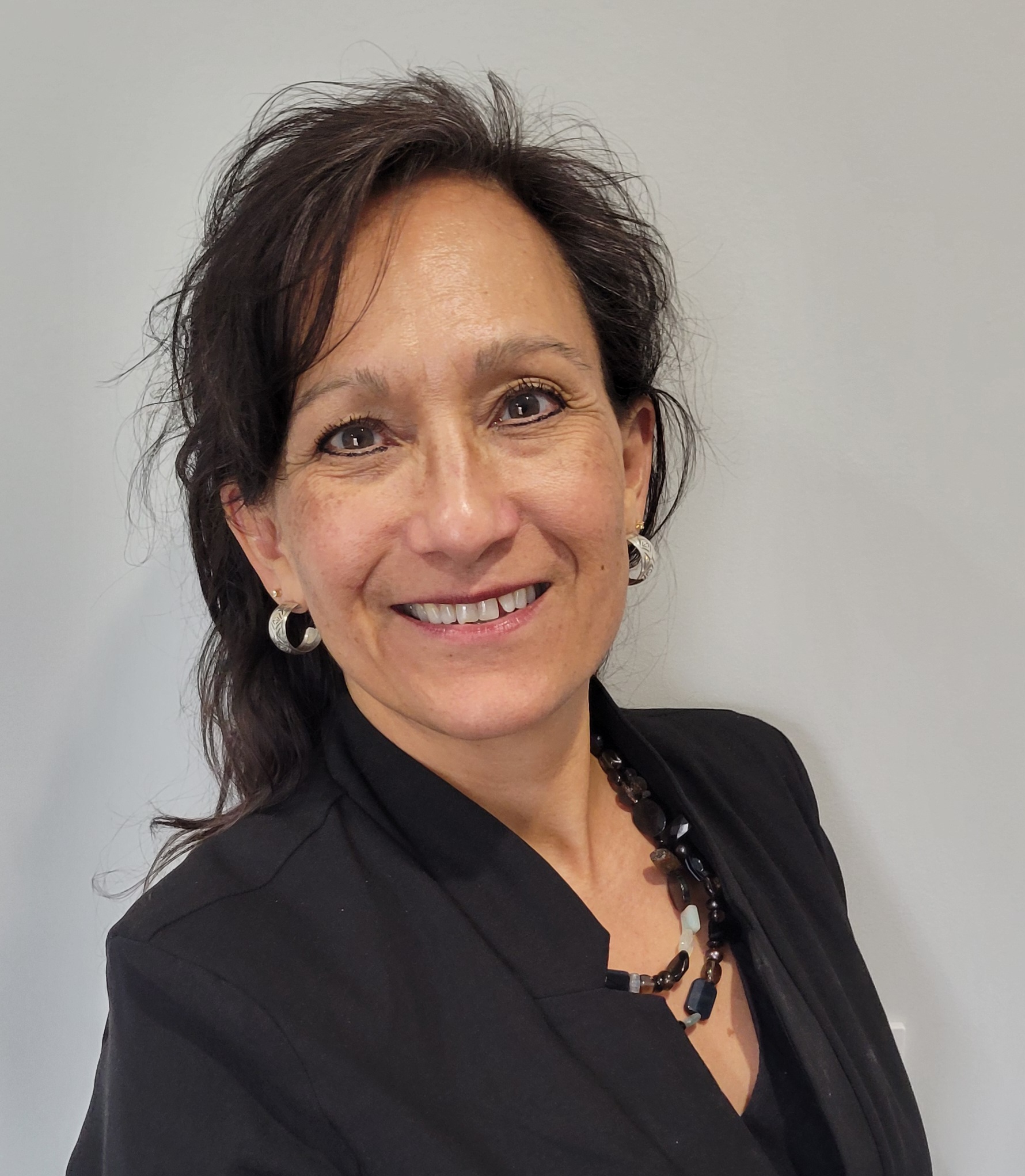
Do You Want a Coach, a Therapist, a Consultant, or a Mentor?
A COACH creates a safe space to connect and partner to help the client build self-awareness and accountability.
The goal is self-improvement/growth and progress. The sessions are focused on the present and the future.
I am currently being certified as an Executive Coach and I was a Health Coach for 10 years.
A THERAPIST helps clients who feel emotionally or psychologically unwell or need help and they are willing to explore the past, be led, and accept advice.
The goal is a deeper understanding of how the past affects current thinking and behaviour.
I am not a therapist but I can refer to you so a couple amazing therapists.
A CONSULTANT works with organizations that need solutions provided for them to address challenges or meet objectives.
They will gather pertinent information and provide advice and suggestions for the work plan.
I have held leadership positions such as Executive Director, CEO, and Board Chair. ¬†We can do coach/consultant hybrid sessions. ¬†¬
A MENTOR is seen as a teacher, role model, or one holding the knowledge an individual seeks.
They share their experiences and relevant information to assist in growth.
I am an adjunct professor and I was a mentor to Indigenous tourism entrepreneurs. ¬†We can do coach/mentor hybrid sessions. ¬
A Little About Me...
Indigenous. Wife. Mom. Grandma. Nutritionist. CEO. Educator. Co-chair of the Alberta Centre to End Trafficking in Persons.I am an advocate for and fiercely protect my family, my community, and my people. I believe you deserve to fulfill your destiny and dreams and I will fight along side you until you do, one step at a time.
My Services
Beauty & Balance
Personal, Professional
Build that work/life balance you want and need.  Find peace in your personal and professional life and relationships.  Create more beauty.
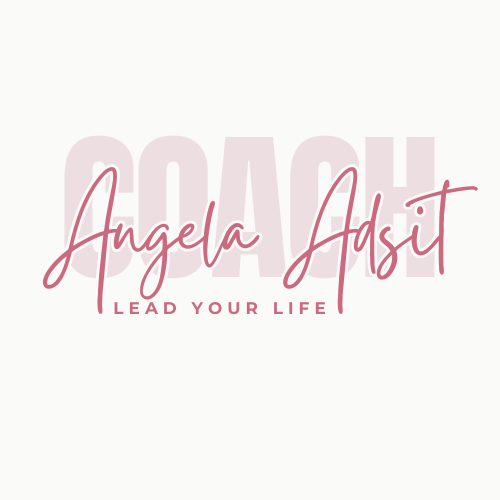
Power & Position
Professional Growth
Move forward in your career in your own power.  Fill gaps and remove barriers to professional growth with confidence, care for yourself and others, and humility.
Health & Wellness
Nutrition.  Exercise.  Well-being.
Live a healthy life as free as possible from pharmaceuticals and hospitals.  Work with your body to create more energy and excitement for your day.
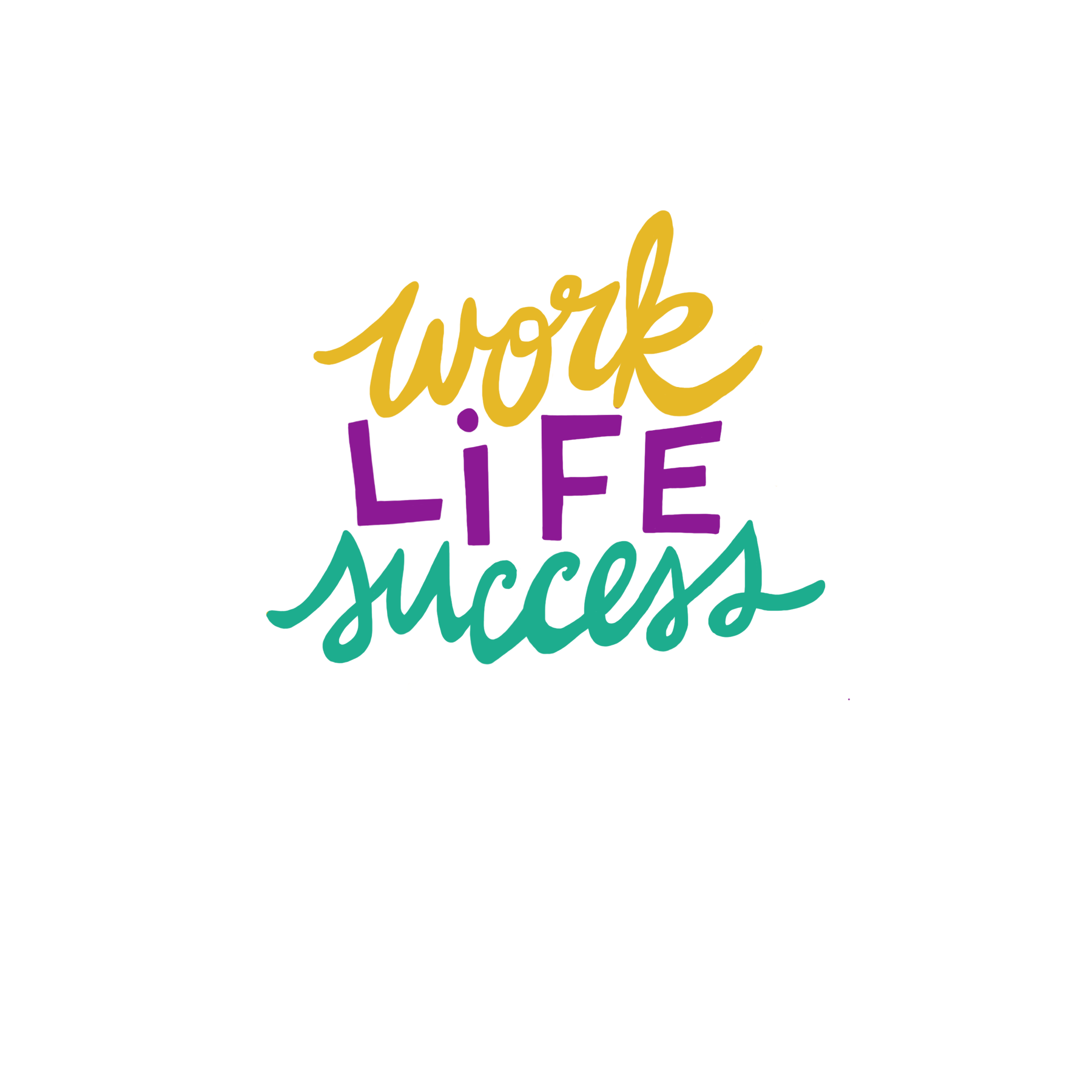
Let’s Get that Bottom Line Up!
Business Growth
Grow your bottom line by aligning your business goals with what your customers really want.  Explore new opportunities or new ways of doing business.  Change the culture in your Team and watch the magic happen.
Angela is a consummate professional; incredibly talented and bright. She instills the confidence that is often required in taking the steps necessary to improve overall health. I was at a point in my life that I knew I needed to make changes to improve my overall health and in support of my daughter and for my own benefit, I joined with her.
Angela embodies positive change and listens to your needs. She provides consistent positive feedback, encouragement, and unrelenting patience.¬
I feel so much healthier and am back to a weight that I love! I strongly encourage anyone who truly wants to make permanent positive changes to your overall health, to contact Angela!
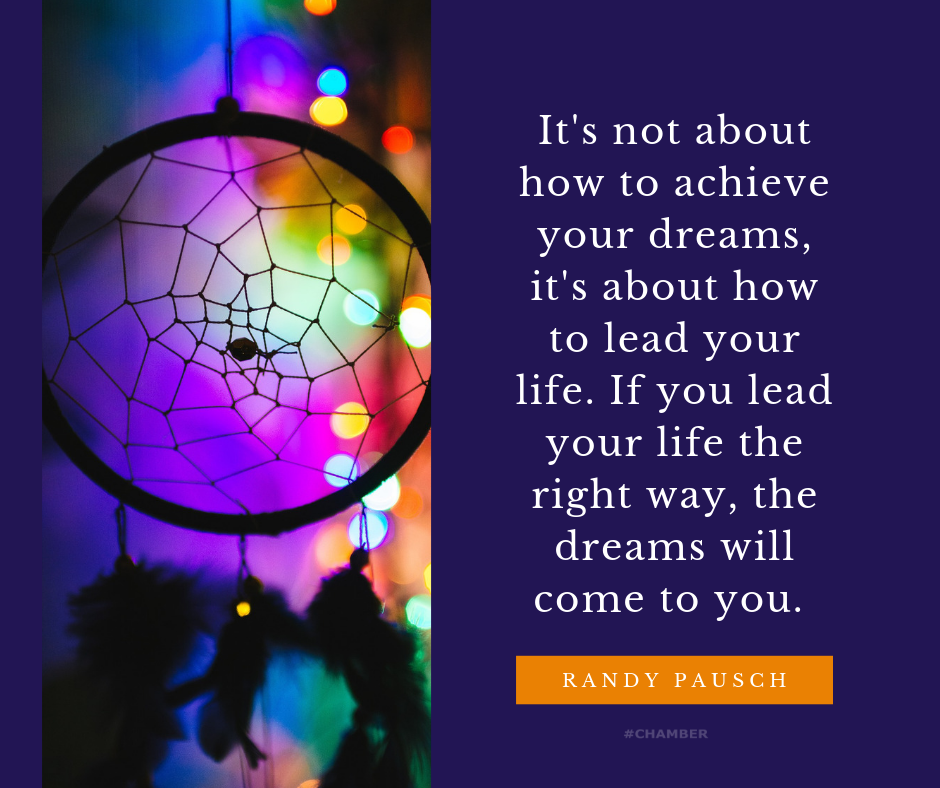
“This training provided concrete skills to use in the workplace. There was laughter and fun with the learning.” ~T. Berryere~
“This was a very enlightening experience. It opened my eyes to a new way of thinking and will definitely impact me moving forward…thank you.” ~C. Pucci~
“It was a fun two days! ~A. Nelson~
“The trainer did a fantastic job! …very helpful and friendly and challenge people in a good way.” ~V. Kos~
“…Very good training…thank you!” ~D. Blue~
“The trainer was awesome!” ~A. Khan~
“Definitely take this course. It was a fantastic session and I feel not only did I get a lot out of it but I will go home and do it! Total engagement! Great job! Please send me information on the other courses.”
~K. Ashworth~
“Incredibly insightful. The trainer is very passionate about their work and that was clearly evident.” ~L. Liboiron~
“Do it…take the course. Well worth the time and effort. Be prepared to be challenged.” ~M. Witt~
“One of the best courses I have taken. It is a “must take” course. Thank you!” ~S. Spendiff~
Frequently Asked Questions
What is Coaching?
Coaching is a personal and/or professional development process designed to help individuals in leadership positions enhance their skills, performance, and overall effectiveness. It involves a one-on-one relationship between an experienced coach and an executive client, typically a senior manager, executive, or business leader.
The primary goal of executive coaching is to unlock an individual’s potential and support them in achieving specific personal and professional objectives. This may include improving leadership skills, communication abilities, decision-making processes, conflict resolution, time management, emotional intelligence, or any other areas deemed essential for success in their role.
Executive coaches employ various techniques, such as assessments, goal setting, feedback, questioning, active listening, and providing guidance and support. They help clients gain insights into their strengths, weaknesses, blind spots, and underlying beliefs or behaviors that may be hindering their performance.
Executive coaching is often tailored to the unique needs and challenges of each client and may address issues related to career transitions, organizational changes, strategic planning, team dynamics, or personal development. The coaching process typically unfolds over a series of sessions conducted over a predefined period, with the ultimate aim of fostering growth, learning, and continuous improvement in the executive’s professional life.
How Do I Know if Coaching Is Right for Me?
Deciding whether coaching is right for you involves self-reflection and consideration of your goals, challenges, and readiness for personal and professional development. Here are some factors to help you determine if coaching is a good fit for you:
-
Identify your goals: Consider what specific objectives or areas you want to improve or develop in your personal or professional life. These could be related to leadership skills, communication, decision-making, managing conflicts, career advancement, work-life balance, or other aspects of your role.
-
Assess your readiness: Reflect on your willingness to engage in self-exploration, receive feedback, and commit to the coaching process. Coaching requires openness, honesty, and a readiness to challenge your assumptions and behaviors.
-
Evaluate your current challenges: If you’re facing specific challenges or obstacles in your role that you’ve been unable to overcome on your own, coaching can provide a supportive and constructive environment to address them.
-
Consider feedback: If you’ve received feedback from colleagues, supervisors, or performance evaluations indicating areas for improvement, coaching can help you work on these areas more effectively.
-
Reflect on past experiences: Think about any past experiences with mentoring, training, or personal development initiatives. If you found value in these experiences and are seeking further growth, coaching could be beneficial.
-
Assess your commitment: Executive coaching requires a commitment of time, energy, and resources. Consider whether you’re willing and able to dedicate yourself to the coaching process and implement changes suggested by your coach.
-
Explore coaching options: Research different coaching programs, coaches, or organizations to find one that aligns with your needs, values, and preferences. Look for coaches with relevant experience, expertise, and a coaching approach that resonates with you.
-
Seek recommendations: Talk to colleagues, mentors, or trusted professionals who have experience with coaching. They can provide insights, recommendations, and firsthand perspectives on the benefits of coaching.
Ultimately, the decision to pursue coaching is a personal one that depends on your individual circumstances, aspirations, and willingness to invest in your personal and professional growth. If you feel motivated to enhance your leadership skills, overcome challenges, and achieve your goals more effectively, coaching may be a valuable avenue for your development.
Who Do You Work With?
Coaches work with a diverse range of individuals across various personal and professional contexts. Here are some common categories of clients that coaches may work with:
-
Executives and Leaders: Coaches often work with executives, senior managers, and leaders in organizations to enhance their leadership skills, strategic thinking, decision-making abilities, and overall effectiveness in their roles.
-
Managers and Supervisors: Managers and supervisors at different levels of an organization may engage coaches to develop specific management skills, improve team leadership, enhance communication, or address challenges in their roles.
-
Entrepreneurs and Business Owners: Coaches can support entrepreneurs and business owners in navigating the challenges of starting, growing, or managing a business. They may help with goal setting, business strategy, time management, overcoming obstacles, or achieving work-life balance.
-
Professionals in Transition: Coaches often work with individuals going through career transitions, such as seeking new opportunities, transitioning to leadership roles, changing industries, or reentering the workforce after a hiatus. Coaches can provide guidance, support, and strategies for navigating these transitions successfully.
-
High-potential Employees: Organizations may invest in coaching for high-potential employees as part of their leadership development initiatives. Coaches help these individuals maximize their potential, cultivate leadership competencies, and prepare for future leadership roles within the organization.
-
Teams and Groups: Coaches may also work with teams or groups within organizations to improve collaboration, communication, and performance. Team coaching focuses on enhancing team dynamics, clarifying goals, resolving conflicts, and fostering a culture of accountability and trust.
-
Individual Contributors: Coaches may work with individual contributors who are seeking personal and professional development opportunities. This could involve improving specific skills, enhancing productivity, building confidence, or achieving work-life balance.
-
Specialized Populations: Some coaches specialize in working with specific populations, such as women in leadership, minority groups, individuals with disabilities, or professionals in certain industries or sectors.
Overall, coaches work with a wide range of clients, tailoring their approach to meet the unique needs, goals, and circumstances of each individual or group. The coaching relationship is built on trust, collaboration, and a commitment to supporting clients in achieving their desired outcomes.
What Type of Packages do You Offer?
Coaches typically offer a variety of coaching packages or programs tailored to meet the needs of their clients. These packages can vary in duration, format, and level of support provided. Here are some common types of coaching packages:
-
Individual Coaching Packages: These packages involve one-on-one coaching sessions between the coach and the client. They may include a set number of sessions (e.g., 3 months, 6 months, or 12 months) with sessions scheduled weekly, bi-weekly, or monthly, depending on the client’s needs and preferences.
-
Intensive Coaching Packages: Intensive coaching packages are designed for clients who want to make rapid progress or address specific challenges in a short period. These packages may involve more frequent sessions, longer sessions, or a condensed timeframe (e.g., an intensive weekend retreat or a series of full-day sessions).
-
Group Coaching Programs: Group coaching programs involve coaching sessions conducted with a small group of participants (typically 4 to 12 individuals). These programs often focus on a specific topic or theme (e.g., leadership development, career advancement, or personal growth) and provide a combination of group discussions, individual coaching, and peer support.
-
Leadership Development Programs: Coaches may offer customized leadership development programs for organizations or teams. These programs typically include a combination of individual coaching, group workshops, assessments, and ongoing support aimed at developing leadership skills and enhancing team performance.
-
Assessment Packages: Some coaches offer assessment packages that include personality assessments, 360-degree feedback assessments, or other diagnostic tools to help clients gain insights into their strengths, weaknesses, and development areas. These assessments are often used as a foundation for coaching discussions and goal setting.
-
Retainer Packages: Coaches may offer retainer packages for ongoing coaching support beyond the initial coaching engagement. These packages provide clients with continued access to coaching services on an as-needed basis, typically billed monthly or quarterly.
-
VIP or Premium Packages: VIP or premium coaching packages offer additional perks or personalized services tailored to high-level executives, celebrities, or individuals with specific needs or preferences. These packages may include priority scheduling, unlimited access to the coach, or exclusive retreats or events.
-
Online Coaching Programs: With the rise of technology, many coaches offer online coaching programs delivered via video conferencing, email, or other digital platforms. These programs provide flexibility and convenience for clients who prefer remote coaching sessions.
Ultimately, coaching packages are designed to accommodate the diverse needs, preferences, and budgets of clients, offering flexibility and customization to support their personal and professional development goals.
How Do I Know if I am 'Coachable'?
Determining if you are “coachable” involves assessing your openness to feedback, willingness to learn and grow, and readiness to engage in a coaching process. Here are some indicators that suggest you may be coachable:
-
Openness to Feedback: Are you receptive to feedback from others, even if it pushes you? Being coachable means being able to accept feedback without becoming defensive and using it as an opportunity for growth.
-
Desire for Improvement: Do you have a genuine desire to improve yourself, your skills, or your performance? Coachable individuals are motivated to enhance their abilities and achieve their goals, even if it requires making changes or stepping out of their comfort zone.
-
Self-Reflection: Are you willing to reflect on your strengths, weaknesses, and areas for improvement? Coachable individuals engage in self-reflection and introspection to gain insights into their behaviors, beliefs, and habits.
-
Accountability: Are you willing to take responsibility for your actions and choices? Coachable individuals understand the importance of accountability and are committed to taking ownership of their development and progress.
-
Action-Oriented: Are you ready to take action and implement changes based on coaching insights and recommendations? Coachable individuals are proactive and committed to applying what they learn from coaching sessions to real-life situations.
-
Open Communication: Are you comfortable expressing your thoughts, feelings, and concerns openly with your coach? Coachable individuals maintain open and honest communication with their coach, sharing their experiences, challenges, and goals openly.
-
Resilience: Are you able to bounce back from setbacks, failures, or challenges? Coachable individuals demonstrate resilience and perseverance in the face of obstacles, viewing them as opportunities for learning and growth.
-
Commitment: Are you willing to commit time, energy, and resources to the coaching process? Coachable individuals understand that coaching requires dedication and investment and are willing to prioritize their personal and professional development.
-
Flexibility: Are you open to trying new approaches or perspectives suggested by your coach? Coachable individuals demonstrate flexibility and adaptability, being open to exploring different strategies or viewpoints to achieve their goals.
If you resonate with these traits and are eager to learn, grow, and achieve your full potential, you are likely coachable. Keep in mind that being coachable is a mindset and a skill that can be developed over time through self-awareness, practice, and a willingness to engage in the coaching process.



